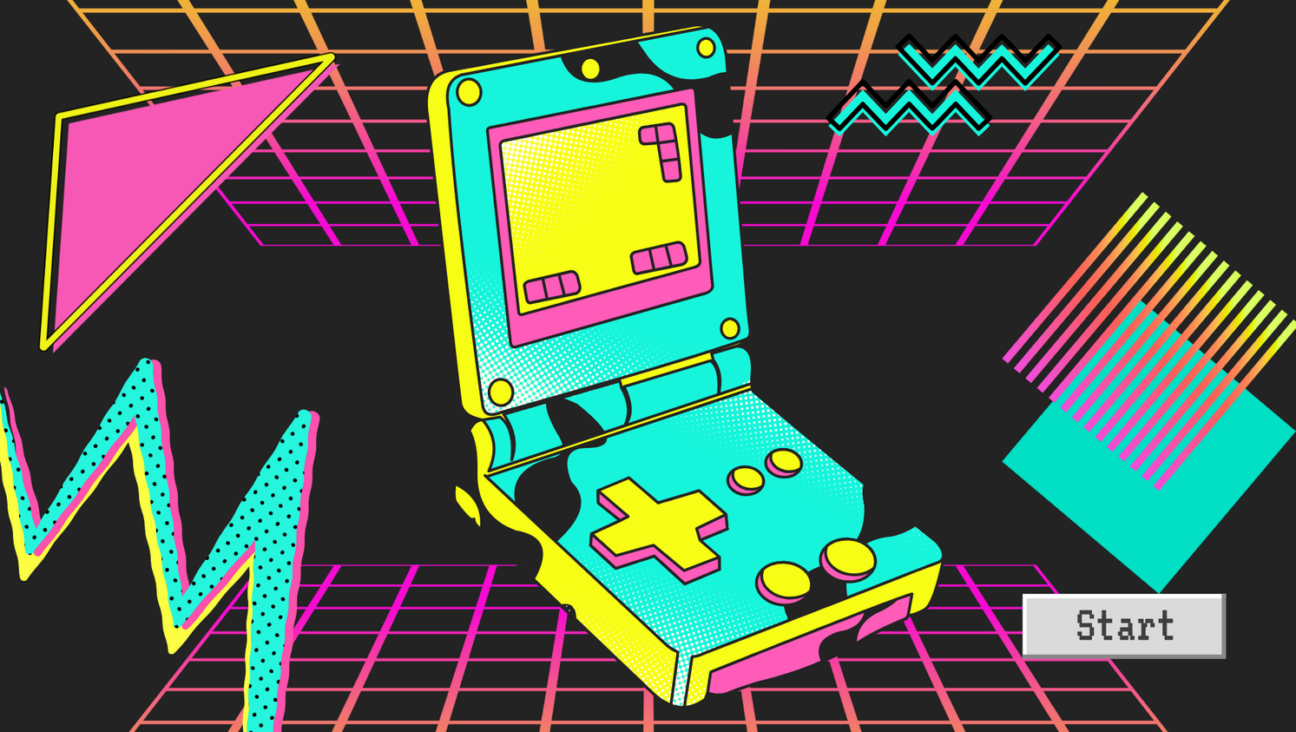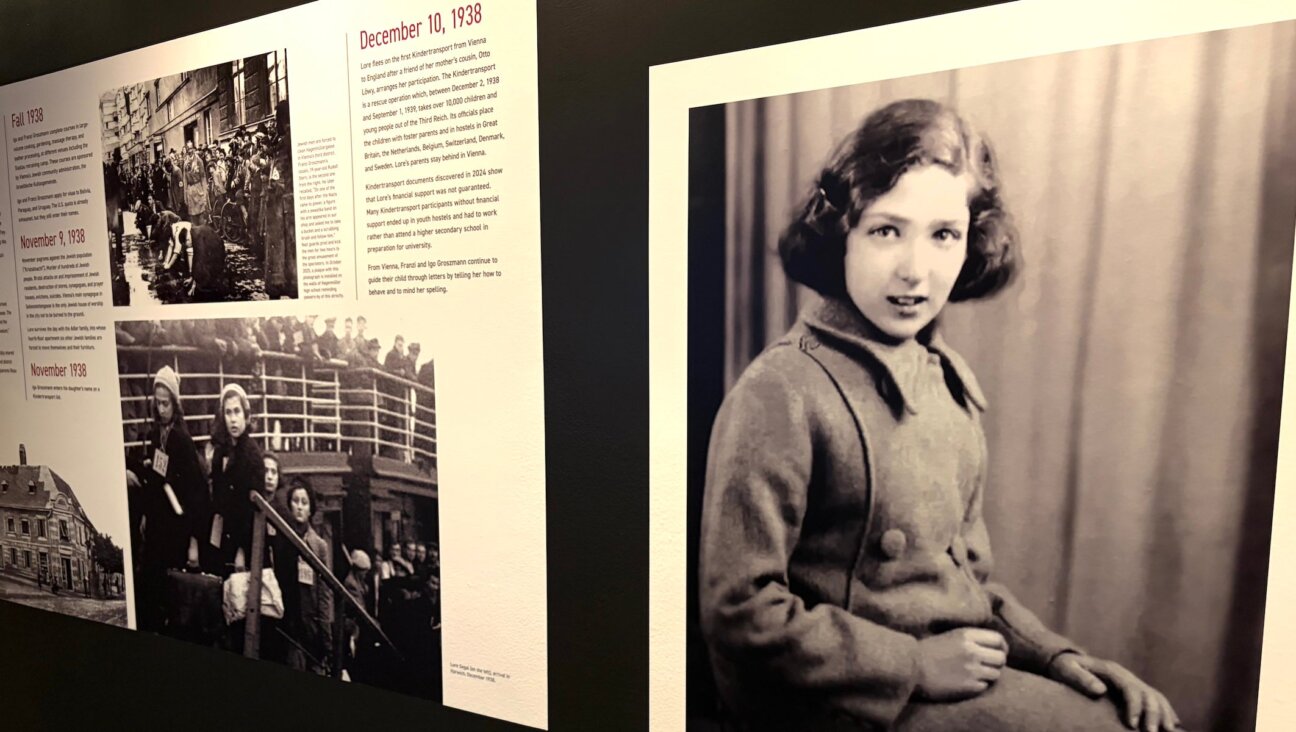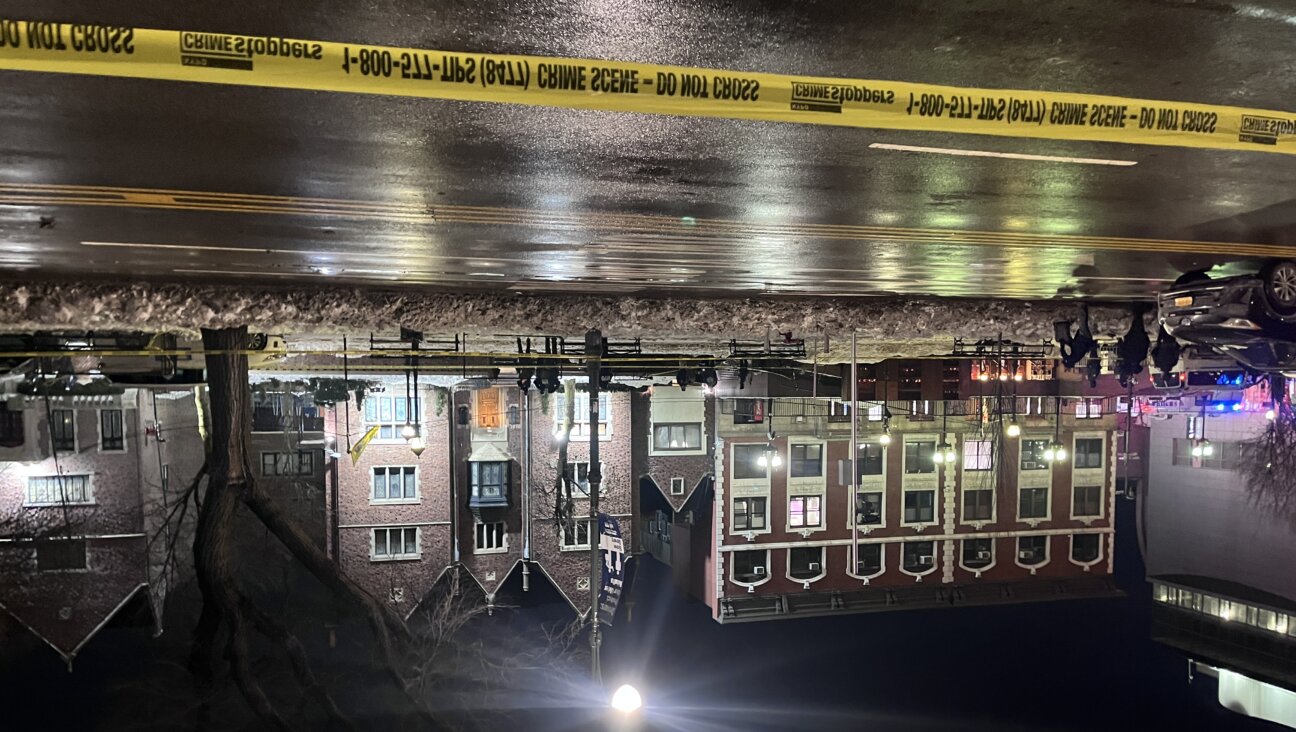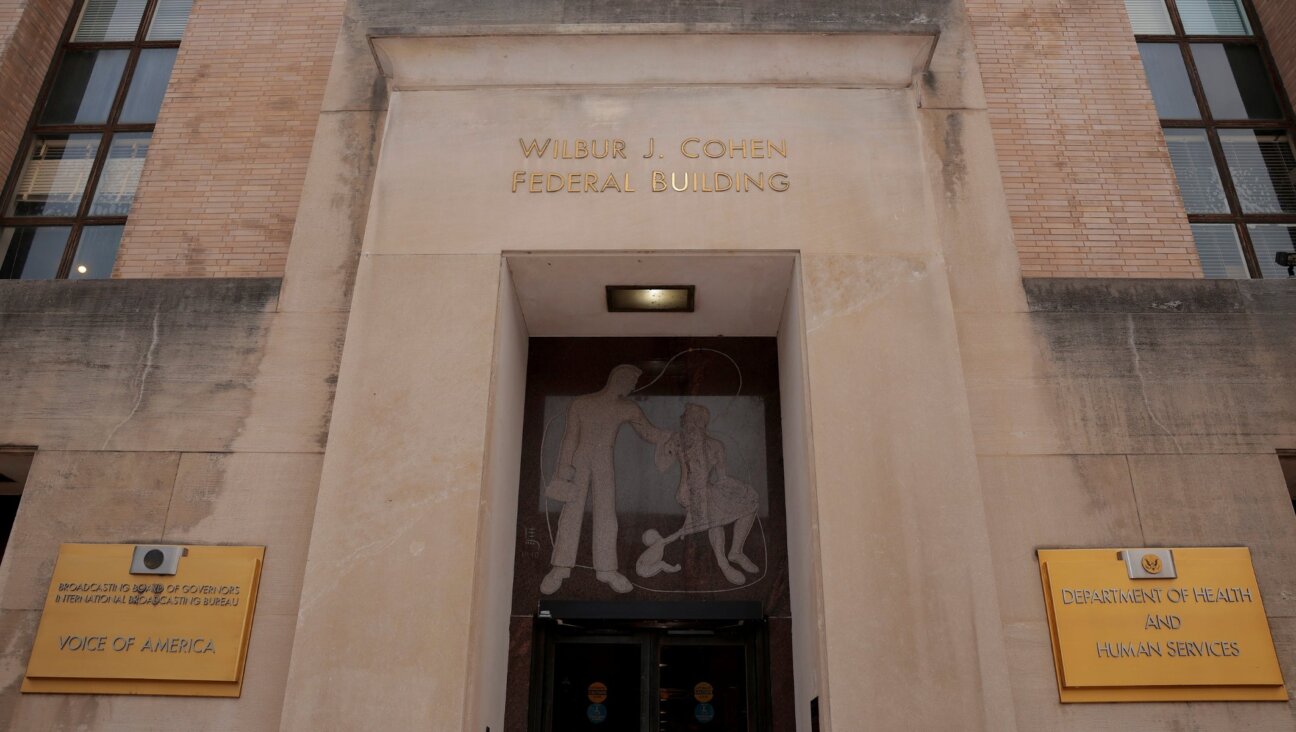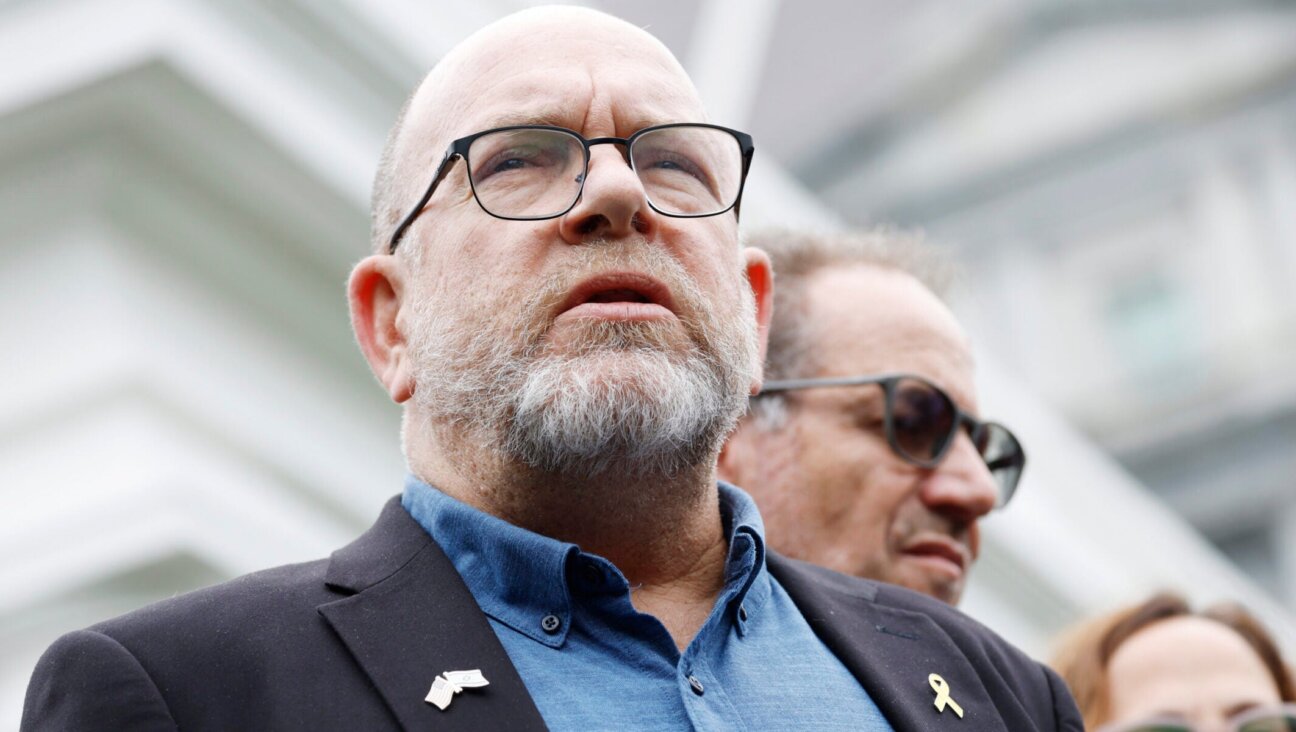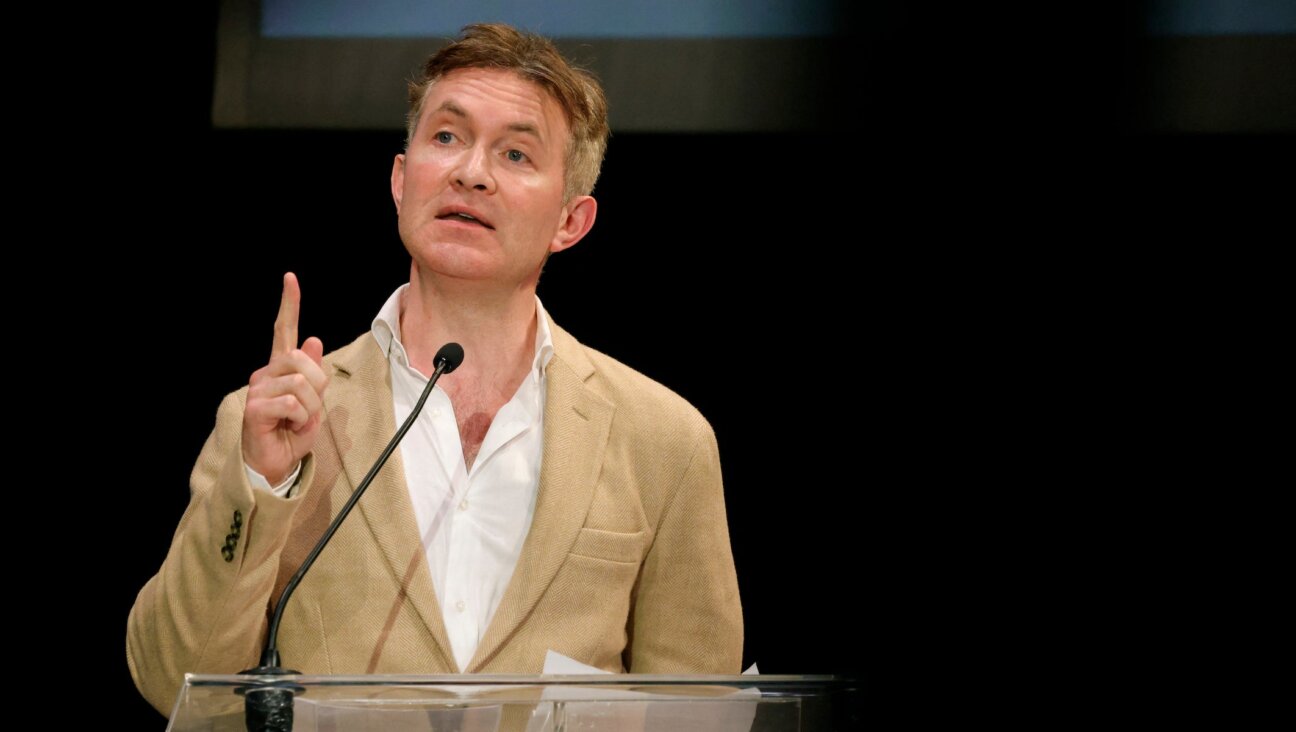Where To Go for Support and Help
The MILO Gladstein Foundation
7095 Hollywood Blvd., #583
Los Angeles, CA 90028
www.bloomssyndrome.org
[email protected]
Lauri and Richard Gladstein established the Milo Gladstein Foundation for Bloom’s Syndrome in 2004 shortly after their son Milo was diagnosed with the disorder. The foundation’s goal is to fund research aimed at finding a treatment for the disease.
Canavan Foundation
450 West End Avenue, #10C
New York, NY 10024
(212) 873-4640
(877) 4-CANAVAN
Fax: 212-873-7892
www.canavanfoundation.org
[email protected]
This volunteer nonprofit foundation’s goals are to support research and to educate the medical community and at-risk populations.
The Canavan Research Foundation
Fieldstone Plaza
88 Route 37
New Fairfield, CT 06812
(203) 746-2436
Fax: (203) 746-3205
www.canavan.org
[email protected]
A nonprofit organization founded by the parents of afflicted children, the Canavan Research Foundation is devoted to funding research directed toward the cure and treatment of Canavan and other childhood genetic brain diseases.
United Leukodystrophy Foundation
2304 Highland Drive
Sycamore, IL 60178
(800) 728-5483
Fax: (815) 895-2432
www.ulf.org
[email protected]
A group that works to increase public awareness about leukodystrophy and other white-matter disorders, including Canavan disease, as well as to provide support services to those with the disease and their families, such as information and assistance in finding sources of medical care, social services and referrals to genetic counseling facilities.
Dystonia Medical Research Foundation
1 East Wacker Drive, Suite 2430
Chicago, IL 60601
(312) 755-0198
(800) 361-8061
Fax: (312) 803-0138
www.dystonia-foundation.org
[email protected]
A foundation that seeks to advance research into the causes of and treatments for dystonia, build awareness in the medical and lay communities, as well as sponsor patient and family support groups and programs.
Bachman-Strauss Dystonia & Parkinson Foundation Mount Sinai Medical Center
1 Gustave L. Levy Place
Box 1490
New York, NY 10029
(212) 241-5614
Fax: (212) 987-0662
www.dystonia-parkinsons.edu
[email protected]
A foundation that funds scientific research to find better treatments and cures for the movement disorders dystonia and Parkinson’s disease. It also provides medical and patient education.
Dysautonomia Foundation
315 West 39th Street, Suite 701
New York, NY 10018
(212) 279-1066
Fax: 212-279-2066
www.familialdysautonomia.org
[email protected]
This is a nonprofit, voluntary organization founded in 1951 by parents of afflicted children. It is headquartered in New York City, with 14 chapters in the United States, Canada, Great Britain and Israel, and provides information on request.
Familial Dysautonomia Hope
1170 Green Knolls Drive
Buffalo Grove, IL‑60089
(847) 913-0455
www.fdhope.org [email protected]
FD Hope is a nonprofit organization whose mission is to expand and accelerate scientific research that will find a cure for FD. Programs include grants for medical research, awareness and public education and, within the medical community, support for FD families, promotion of carrier screening and advocacy.
National Dysautonomia Research Foundation
P.O. Box 301
Red Wing, MN 55066
(651) 267-0525
Fax: (651) 267-0524
www.ndrf.org
A nonprofit foundation established to help those afflicted with any of the various forms of dysautonomia. It provides a support network for afflicted individuals and family members by offering information on the varied forms of the disease as well as by providing contacts to other organizations that may be of assistance.
Fanconi Anemia Research Fund
1801 Willamette Street, Suite 200
Eugene, OR 97401
(541) 687-4658
(800) 828-4891
Fax: 541-687-0548
www.fanconi.org
[email protected]
A family-driven fund that helps support research on this underdiagnosed blood disorder. It also supports an international network for education, support and help, and publishes newsletters.
National Gaucher Foundation
61 General Early Drive
Harper’s Ferry, WV 25425
(800) 925-8885
Fax: (304) 725-6429
www.gaucherdisease.org
[email protected]
This is a nonprofit organization supporting research and development for treatments and for a potential cure. Their many programs include a medical hotline, two care programs to help pay for insurance, education resources, symposia and local chapters.
ML4 Foundation (Mucolipidosis IV)
719 East 17th Street
Brooklyn, NY 11230
(718) 434-5067
www.ml4.org
[email protected]
A nonprofit organization for parents and professionals committed to raising funds for ML4 research. The foundation also provides a support network for parents and siblings of affected children.
National Niemann-Pick Foundation
415 Madison Avenue, Suite B
P.O. Box 49
Ft. Atkinson, WI 53538
(877) 287-3672
(920) 563-0930
Fax: (920) 563-0931
An international, voluntary, nonprofit organization made up of parents and medical and educational professionals. It promotes research, provides medical and educational information to assist in diagnosis, and offers families referrals, support and genetic counseling.
National Tay-Sachs and Allied Diseases Association
2001 Beacon St., Suite 204
Brighton, MA 02135
(617) 277-4463
Fax: (617) 277-0134
www.ntsad.org
[email protected](mailto:[email protected])
A private, nonprofit voluntary health organization dedicated to the prevention and treatment of Tay-Sachs in all its forms as well as many other related genetic disorders. Programs include public and professional education, research, carrier screening,individual and family services, a peer support network, an international laboratory quality control program and advocacy.
Center for Jewish Genetic Diseases Mount Sinai School of Medicine
1 Gustave L. Levy Place, Box 1497
New York, NY 10029
(212) 659-6774 (Main)
(212) 241-6947 (Consultation/Screening)
Fax: (212) 659-6780
<www.nfjgd.org>
The world’s first center devoted to the study of diseases predominant among Ashkenazic Jews. The center’s mission is to improve the diagnosis and treatment, as well as the counseling of patients and their families suffering from Jewish genetic diseases, and to conduct intensive research to combat these diseases.

